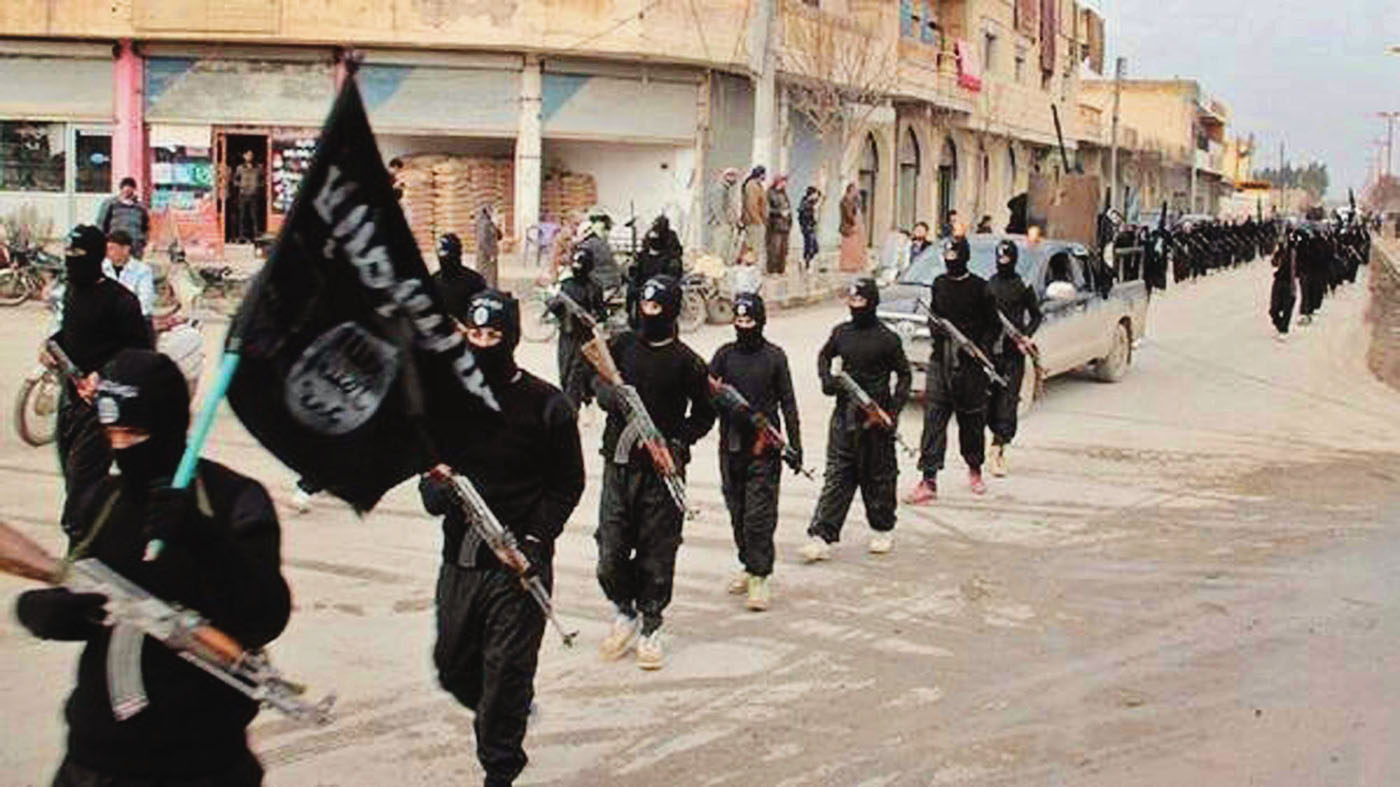BY TESSA BARRE
This year has been an eventful one for Philippine sports. Setting new records and proving that underdogs can beat the odds, various national teams and athletes have once again wowed the world with their superb skills and resilience.
Despite the numerous financial and physical disadvantages, Filipino athletes carried on competing, thus winning not only shining trophies but also people’s hearts.
Breaking the Olympic Ice
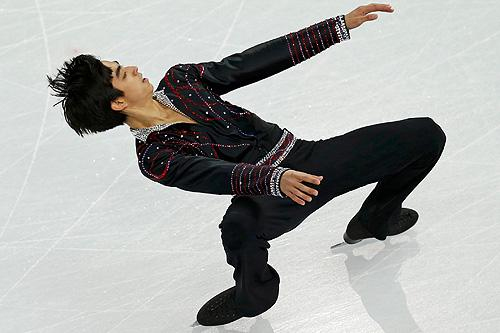
Early in the year, Michael Christian Martinez, a 17-year-old figure skater from Muntinlupa, became the first Filipino and Southeast Asian skater to qualify and compete at the Winter Olympics.
Martinez finished 19th among the 24 others who qualified for the free skate program of the men’s figure skating event at the Winter Olympics held in Sochi, Russia last February, where he was the sole representative of the Philippines.
The free skate program, also called the long program, is the second and last phase of competition in major skating contests. The other phase, being the short program, serves as an elimination round. The Filipino skater advanced to the free program after garnering a score of 64.81 during the preliminaries.
He may have failed to bring home a medal in the long program, he still succeeded in making an impression upon his audience, describing him as a “charismatic performer” who showed “great performance skill for such a young man,” according to a report by GMA News.
The young skater also received praise from equestrienne and former gold medalist at the 2002 Asian Games Mikee Cojuangco-Jaworski and other netizens on Twitter.
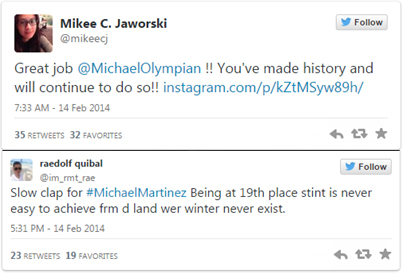
But the road to the Olympics was not an easy one for Martinez. An obvious reason is that training for a winter sport in a tropical country such as the Philippines is difficult.
In addition, Martinez did not receive sufficient financial aid from the government, according to his mother, Teresa.
Fortunately, his stint at the Olympics gained him support from the Philippine Skating Union and businessmen such as Hans Sy, president of SM Prime Holdings Inc., and Manuel V. Pangilinan, chairman of the Philippine Long Distance Telephone Company (PLDT), as he gears up to compete at the 2018 Pyeongchang Winter Olympics.
Rowing Against the Current
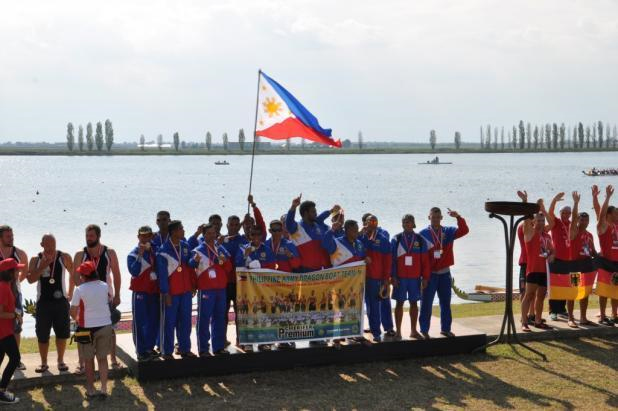
Photo by Giorgo Minestrini
The Philippine Army Dragon Boat Team faced a similar dilemma while on their way to compete for the 9th International Dragon Boat Federation (IDBF) Club Crew World Championship on Sept. 3-7 in Ravenna, Italy.
Two days before their scheduled departure for Italy, the 18-man team was still trying to make ends meet to buy plane tickets in order to reach the venue. Fortunately, Intermed Marketing Philippines agreed to shoulder half of the ticketing costs. The other half was financed by the Armed Forces of the Philippines and some of the rowers’ friends. According to a report from Rappler, the crew even had to sell t-shirts in order to raise funds.
The team proved that these efforts were not in vain. They managed to bag two gold medals at the 200-meter and 500-meter Premier Open and set competition records in the 200-meter (47.85 seconds) and 500-meter (126.76 seconds) events.
“I am very proud to tell the whole world that the Army has world-class dragon boat athletes in its ranks. They all have hearts of a champion and attitude of a warrior. We just need to support and mentor them,” said Lt. Col. Harold Cabunoc, president of the Army Dragon Boat Team, in an interview with Rappler.
Nonetheless, these wins are not new to the Philippine Army boaters. In 2011, the team won five gold and two silver medals at the World Nations Championships in Florida, United States.
The Team with “Heart”
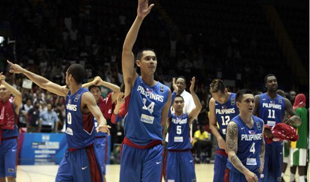
They may not need to sell t-shirts compared to the Philippine Army rowers, but Smart Gilas Pilipinas, the Philippine national basketball team, were still underdogs at the Federation Internationale de Basketball (FIBA) World Cup held in Spain last August to September. Because of this, the manner by which Gilas overcame the height disparity between their players and other national teams, coupled with the Philippines’ poor track record at the FIBA World Cup made the lone win of Gilas an achievement rather than a failure.
The Philippine national team garnered its first win since 1974 after besting the Senegal national team at the close score of 81-79 at a Sept. 4 match. It was also the first time in 36 years that the national team qualified for the World Cup. The team finished the cup’s preliminary round with a win and four losses to Croatia (81-78), Greece (82-70), Argentina (85-81), and Puerto Rico (77-73). Three of the four losses were close fights, drawing attention to the team’s determination despite the odds against them.
“Even only winning one game I think we gained a lot of respect,” said Gabe Norwood, forward for Smart Gilas, in an interview with GMA News.
Their FIBA World Cup stint was accompanied by overwhelming online support via trending Twitter hashtags like #puso, #gilas and #labanpilipinas according to Rappler.
Social media mentions about Gilas skyrocketed from 750 to 128, 429 after the team’s lone win against Senegal. The bulk of these mentions came from netizens in the United States, Philippines, China, Singapore, Malaysia, Korea, United Arab Emirates, Thailand and the Netherlands which may be attributed to the presence of Filipino communities in these countries.
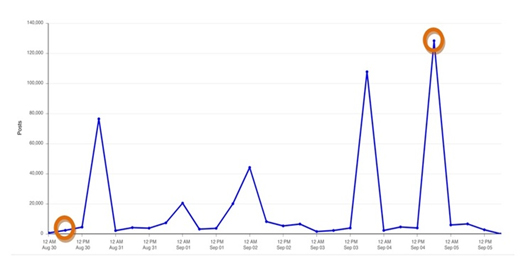
Gilas, led by 5-foot-eight Jimmy Alapag who scored 18 points in the match, outlasted the Senegal national team by dominating the last three quarters of the game despite losing their 13-point lead.
Andray Blatche and June Mar Fajardo also shone in the game, cheered by flag-bearing countrymen, scoring 18 points and 15 points respectively.
“All of our kababayans around the world deserve this win,” said Alapag in a report from Inquirer.net. “It’s been an honor and a privilege playing for the national team. I’ve enjoyed every minute that I played.”
With veteran coach Tab Baldwin, the man behind New Zealand team’s semifinal reach during the 2002 FIBA Championship, taking over coaching duties from former coach Chot Reyes, Gilas Pilipinas is looking forward to finally win gold in the upcoming 2015 FIBA Asia Championships after finishing with a silver medal in 2013.
Biting Back
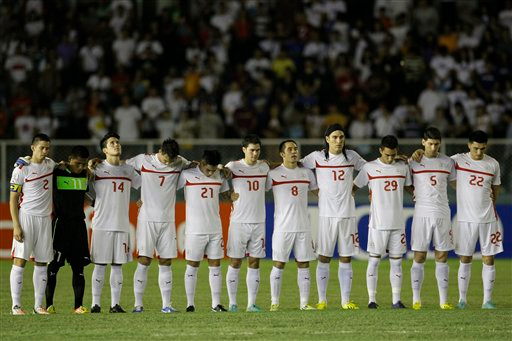
Although the Philippine Azkals was able to shed their underdog tag in 2010 after qualifying for the Asian Football Federation (AFF) Suzuki Cup, they were still at a disadvantage when they faced the Thai football team, 3-time Suzuki Cup champions, during the first leg of the semifinal round of the AFF Suzuki Cup on Dec. 6.
The Azkals battled the undefeated Thai War Elephants at the Rizal Memorial Football Stadium in Manila. Though the Azkals were not able to score a goal, they were successful in preventing the opposition from scoring, ending the match in a goalless draw. This proved to be beneficial for the Azkals since they would only need a 1-all draw in their next match with the Thais to advance onto the finals because of the away goals rule.
Unfortunately, the Azkals were not able to make use of this advantage because they were defeated by the Thais, now playing at home court, during their last semifinal match with a score of 3-0 held just four days after their last game. The loss stripped them of a chance to compete for the finals of the Suzuki Cup and brought down the Azkals’ Federation Internationale de Football Association (FIFA) rank from no. 128 down to no. 130 .
On the bright side, the Philippine team remains the top football squad in Southeast Asia based on FIFA’s rankings with Thailand only ranking at 142nd. The FIFA World Rankings is a ranking system based on a squad’s match results in the last four years implemented by FIFA among its 209 members.
Despite the Azkals’ fatal loss, some fans still expressed their faith via Twitter that the Philippine team would dominate in the next AFF Suzuki Cup in 2016 to be hosted by the Philippines and Myanmar.
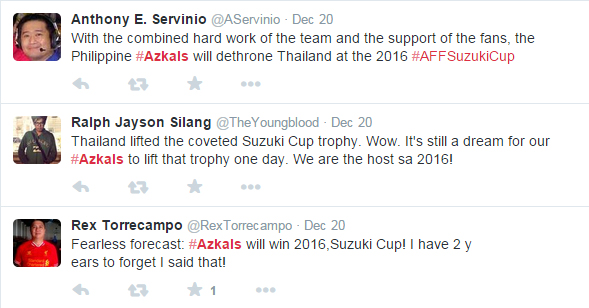
The Azkals have also made the country proud in another international cup earlier in the year when the squad emerged second at the Asian Football Confederation (AFC) Challenge Cup hosted by Maldives held last May. This is an improvement from their performance in 2012, when they finished third, even more, a historic milestone for the Philippine team since it is the first time that the squad qualified for the final of an international competition.
Still a World Champion
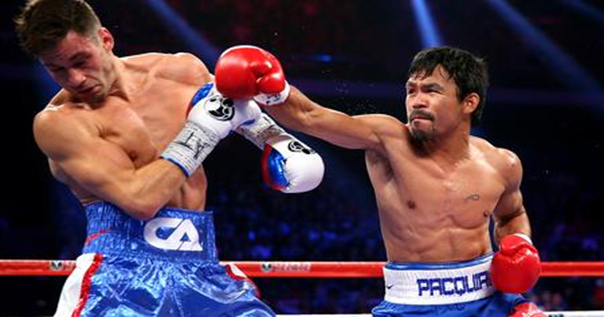
Manny ‘Pacman’ Pacquiao proved that he is still one of the best fighters in the world as he successfully defended his World Boxing Organization (WBO) welterweight belt against American Chris Algieri via unanimous decision in a 12-round match at the jam-packed Cotai Arena in Macau last November 23.
Despite Algieri’s 4-inch height and 5-inch reach advantage over Pacquiao, the latter still managed to knock the American boxer down six times leading to a unanimous decision with the scores 119-103, 119-103, and 120-102 in favor of the 8-division champion. This is Pacquiao’s third win after his knockout defeat in the hands of Mexican Juan Manuel Marquez in 2012 and the first loss in Algieri’s professional career.
Pacquiao is now looking forward to the possibility of a most-awaited match with, undefeated five-division world champion, Floyd Mayweather Jr. in 2015.
